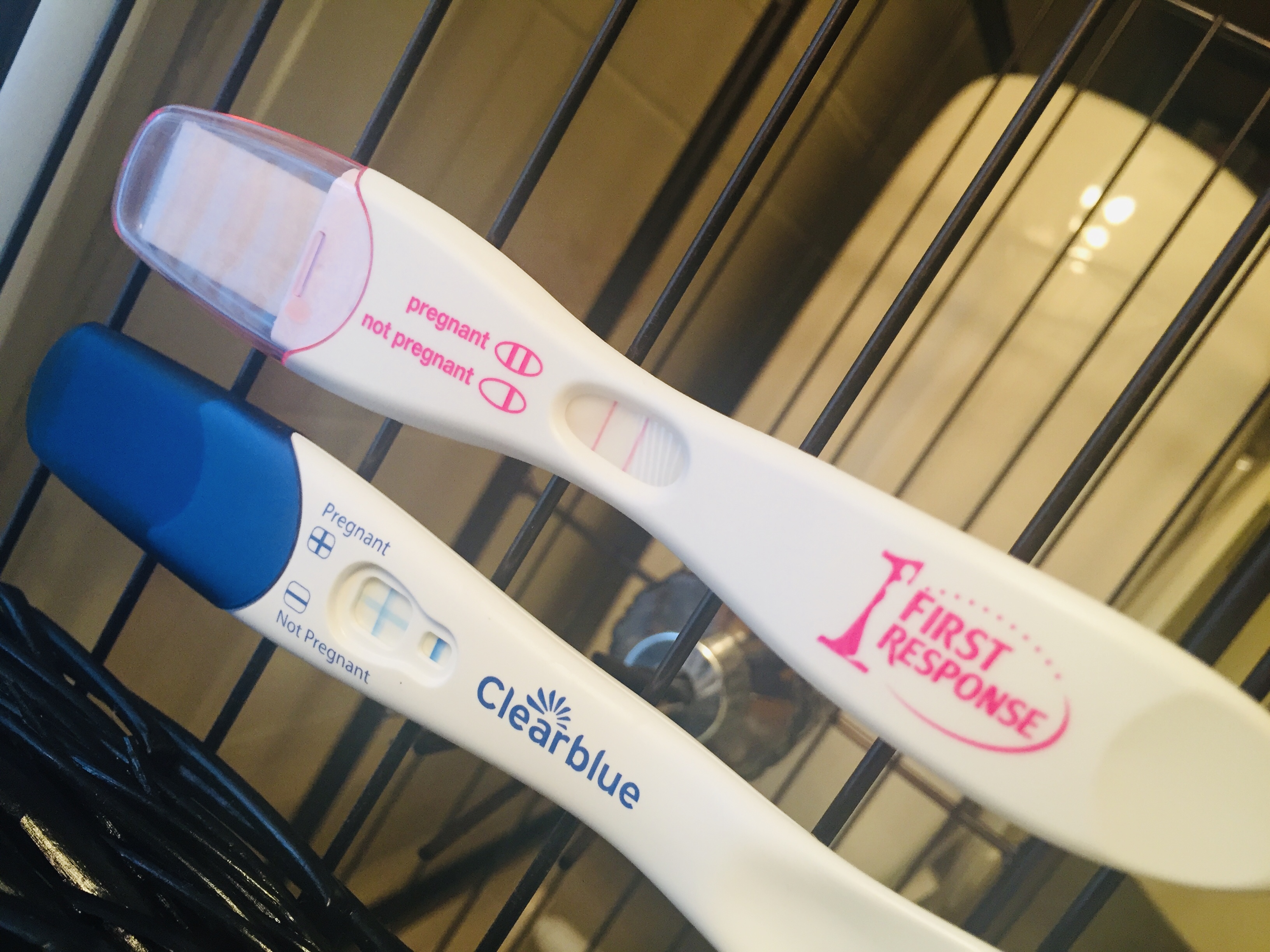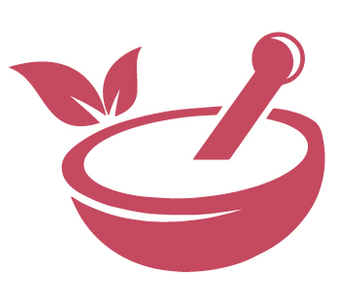Part 1: Planning a Baby? Conceive the Ayurvedic Way
Published on October 30th, 2018
I can’t believe it’s almost November! My husband and I are getting a little stressed because we’re going away with V in two weeks on a trip to the other side of the world, and we haven’t thought about packing yet! V has also developed quite the personality and we don’t know how he’s going to handle the long flights. Regardless, there has been a lot on my mind and so I wanted to spend this month talking about something I truly enjoy. For those of you who may not know, my absolute favorite topics to conversate on are pregnancy, babies, and being a mom! To my advantage, Ayurveda has a whole lot of guidance on all of these.
When I found out I was pregnant with V, I immediately started eating better, thinking better, and living better. It was like a switch had been flipped. I was changing lifelong habits that I never thought I would leave behind and it was surprising, even to myself!
Every woman has the natural essence to be a mother. She is able to love, forgive, sacrifice, and care like no other and when she has a child, she is able to embrace all of these natural tendencies which she may have never known existed within her.
Ayurveda and Yoga have a long history of supporting pregnancy. In the Vedic culture, procreating is considered a fundamental Dharma (duty) of a man and woman (after marriage). Not everyone has the privilege of being able to bring a new soul into this world and so not only is it an honor but a great responsibility as well.
Something that many of us may find surprising is that Ayurveda emphasizes the preconception period just as much as the pregnancy itself.

This is something Western medicine fails to acknowledge. When I was in PA school, we spent close to one month learning about the field of Obstetrics. Women of child bearing age and women thinking of conceiving are encouraged to take prenatal vitamins prior to conception. Upon conception, women are encouraged to continue the pre-natal vitamins and to stop smoking, using drugs, and drinking alcohol. Oh yes, and no unpasteurized cheeses or raw fish. The rest of everything I learned had to do with how a pregnancy progresses over the 40 weeks and the phases of labor and delivery. There is no importance placed on maternal and paternal health prior to conception or even postpartum care.
In Ayurveda, an ideal pregnancy begins about 6 months before conception. Think of your body as a garden. If you were trying to grow tomatoes, you’re not just going to walk outside one random day and throw seeds into the soil, walk away, and expect to have healthy vegetables. You would first find the right place, then prepare the soil, make sure your seeds are spaced properly and then you’d periodically check on them. Essentially, you would create a good foundation for growth of your plants. In the same way, if you are trying to “grow a baby”, you can’t just expect to have intercourse one random evening and produce a healthy child.

These days, a lot of responsibility falls onto the woman when she is pregnant. She must eat right, she must not drink, she must walk more, and the list goes on. In Ayurveda, the foundation or the Prakriti (constitution) of a child is determined at conception. The Prakriti is determined by the Doshas of both of the parents at the time of conception. So for example, let’s say I’ve had a horrible day full of anxiety, I haven’t been sleeping well all week, and I’ve been suffering from headaches. These imbalances in my body can have an effect on my future child’s constitution if that is the day I conceive. This goes for the father as well – after all, he’s making 50% of the baby! So a father’s diet, lifestyle, and emotional well-being is given just as much importance as the mother’s.
Understanding Reproduction
Conception occurs when shukra (sperm) unites with stribeeja (ovum/egg). At this time, the health of the ovum, sperm, uterus, and the diet/lifestyle of both parents determines the baby’s Prakriti (constitution). There will be a hint of both parent’s Prakriti in the developing baby. The egg and sperm are both created from the highest level of nutrition or vital energy known as Ojas.
When there is an impaired digestive system, anemia, insomnia, constipation, etc, the level of this vital energy is usually decreased. It becomes necessary to cleanse and rejuvenate before conceiving.

So you might be thinking of having a baby? Where do you begin?
It is best to see an Ayurvedic practitioner to help you determine the best time for you to conceive and guide you through lifestyle modifications. But if that’s not available to you, the first step is to find out your unique Dosha by taking my Dosha Quiz. This will give you guidelines on how to eat and how to live a balanced life based on your unique constitution. If you are experiencing symptoms of imbalance, the first step would be to cleanse to reset your mind and body.
For most of us, this is a three step process which begins 6 months prior to conception.
- Cleanse (First 3 months)
- Refresh and Rejuvenate (Months 3-6)
- Conceive (Month 6)
So how do you know if you need to cleanse? Ayurveda believes that there are four components that need to work together in order for conception to occur.
- Ritu (time): Couples ask themselves if they’re ready to conceive. Women with regular menstrual cycles begin monitoring their ovulation cycles for the fertile window. The optimal timing to conceive is when the couple is not undergoing financial or emotional stress. The best season to conceive in is the Spring.
- Kshetra (field): The field is in reference to the uterus, the space in which the fetus grows. It is best to ensure the uterus is in healthy condition, free from fibroids, cysts, and any other obstructions (like scarring from endometriosis). Ama (toxin) build up within the body due to a poor diet usually contribute to these concerns and imbalances may need to be corrected prior to conception.
- Ambu (Nutrition): Ambu refers to healthy fluids within the body which include blood and lymph but also the nutrition itself which nourish the body. It is important to ensure that there is no dehydration or anemia. It is necessary to consume an Ojas promoting diet. This goes for both the mother as well as father. Some foods to eat include milk, almonds, sesame seeds, honey, ghee, figs, dates, saffron, pumpkin seeds, and fresh organic fruits.
- Bija (seed): The seed in Ayurveda refers to the sperm and egg which directly lead to conception. The sperm take two full months to mature and so it is necessary for the male to ensure that he has been following good habits for at least two months. This includes avoiding tobacco and alcohol use, pollution, and pesticide exposure. A woman’s egg is released every month and so the same goes for her for at least a month.

As each of these components is brought back into ideal health through the process of cleansing and rejuvenating, your fertility will reach its optimal state and you will notice that you, yourself are feeling much more energetic ready to take on the role of an expecting parent.
Stay tuned for Part 2: Cleansing for Fertility 🙂
Namaste.

0 Comments